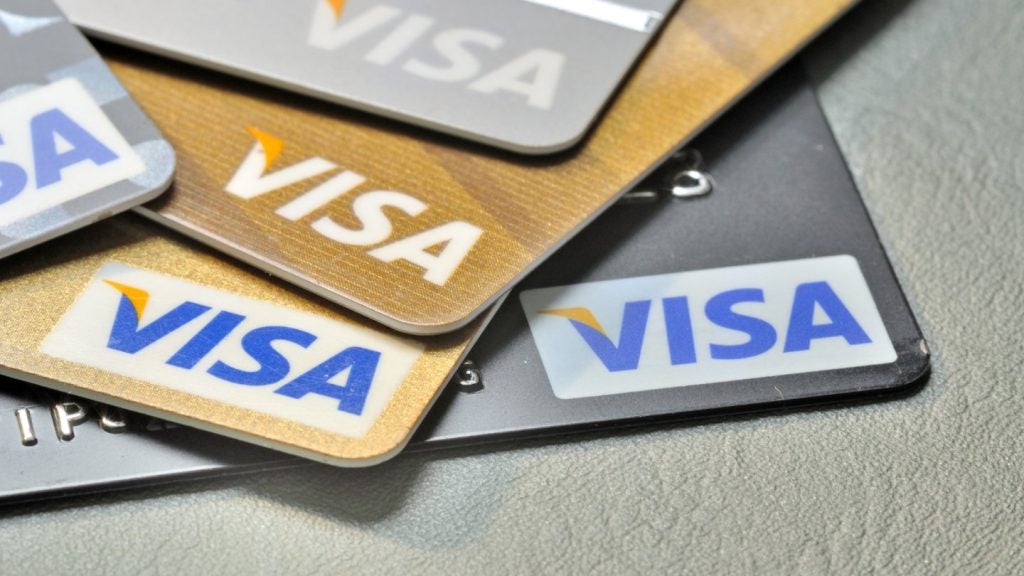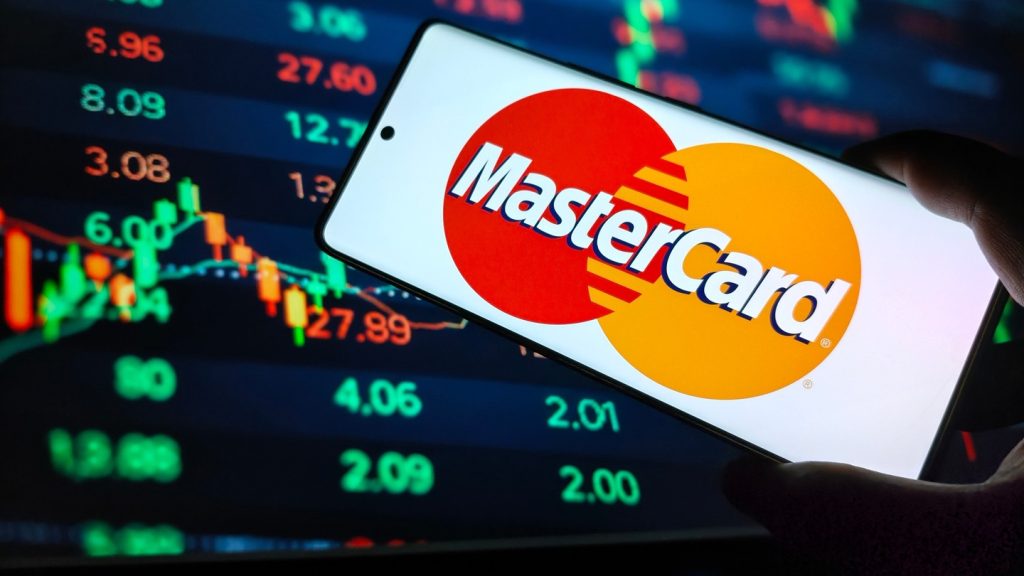Many businesses at the 2016 PayExpo conference introduced prepaid cards, but what makes PassportCard different is its attempt to penetrate the saturated niche market that is travel insurance. Jessica Longley met with Sharon Haran, CEO of PassportCard, to discover how exactly it aims to revolutionise travel
The 2016 PayExpo conference presents one of the best chances to meet some of the biggest players in the payments community, and also provides access to a wide range of wearables.

Access deeper industry intelligence
Experience unmatched clarity with a single platform that combines unique data, AI, and human expertise.
In his presentation at the 2016 PayExpo conference, PassportCard CEO Sharon Haran admitted that although the travel industry has seen some major transformation with the likes of Uber and AirBnB, travel insurance seems to have remained stagnant in the last 50-60 years. He believes his innovation can change the face of the travel insurance industry.
PassportCard prides itself in being the world’s first real-time travel insurance, benefitting both consumers and insurers alike. Its business approach is novel as it involves no paperwork, no deductibles and no out-of-pocket expenses.
Customers are provided with a prepaid card that is topped up with the required funds every time an emergency occurs. Haran assures CI that it only takes a five minute phone call, including a short questionnaire – to ensure the caller is not a fraudster – before new funds are transferred onto the card. The claim is settled on the spot.
Customers can then access the new funds via PassportCard, and resolve the emergency by visiting a clinic. If a clinic does not accept credit cards, PassportCard also allows customers to withdraw money from an ATM.

US Tariffs are shifting - will you react or anticipate?
Don’t let policy changes catch you off guard. Stay proactive with real-time data and expert analysis.
By GlobalDataInsurers receive notifications on claims in real time, and are able to charge more for their services as customers are willing to pay more for the perceived value.
PassportCard started 15 years ago when a company specialising in international health insurance started gathering claims data and indexed medical treatments across 150 countries. Haran explains how PassportCard used the data to develop an algorithm that predicts with 98% accuracy the cost of an emergency.
With hundreds of thousands of claims already in the database, Haran points out that the likelihood of encountering an unknown or extreme situation is very low. However, in cases where this happens, PassportCard looks at similar relevant scenarios to deduce the cost, using the system’s ability to build up from other treatments. Overall, 90% of claims made involve headaches, flu, diarrhoea and high fever.
Haran reveals how PassportCard responds in rare cases where the cost of the emergency has been wrongly estimated.
He points out that this may arise for two main reasons: either the client has described the situation inaccurately, or the clinic is trying to overcharge the customer.
In both cases, PassportCard can intervene in real terms by negotiating with the clinic and optimise costs via real cost containment.
PassportCard around the world
PassportCard initially launched in Israel four years ago, adopting a business-to-consumer (B2C) approach and acquiring a 30% market share in less than four years.
PassportCard recently decided to further expand, adopting a B2B2C approach and offering franchise models in partnership with Allianz, in both Germany launched on 4 April, and Canada just a few weeks ago.
The card is banded within the insurance company. In Israel, the product is sold at $2.50 per day, $0.50 over the average market price. In Germany, the price has increased to between €3 ($3.30) and €5.
Haran discloses that PassportCard is focused on the billion-dollar travel insurance market, and is now looking to the UK as a potential future launch. PassportCard is currently talking with relevant market operators and hopes to finalise the deal early next year.
When asked about Brexit, Haran tells CI that it will only have a relatively small impact on PassportCard as it is a global platform that is not dependent on the UK market. He adds that Brexit might actually create new opportunities for his business as it is unclear whether UK travellers will be able to use EHIC cards in the future.
He believes this would be favourable for PassportCard as the relevancy of a real-time fully cashless solution would increase significantly.
PassportCard is also looking closely at the US market, and exploring different European territories as it believes they have a strong travel market.
Haran says that PassportCard was ‘picking up the low-hanging fruits first, to then start dealing with different cultures and business environments [in Korea, Japan and Australia]’, and hopes to reach these countries in two to three years.
Haran is determined that his business is robust and prevents fraudsters from taking advantage of the system. He emphasises that his business is based on trust and that most customers are honest.
As a precaution from fraud, PassportCard has implemented a system that bans certain merchant categories, such as restaurants and shops, and cannot be used online.
Haran points out that the categories blocked are very policy-specific and can be tailored to the specific insurer.
For example, in Germany the transport category is open to ensure PassportCard customers are able to travel to a clinic; this service is not offered in Israel.
The system also flags recurrent fraudsters, even if they change card, as their identity and personal details are stored, allowing PassportCard to block them.
There is also a limit to the amount available on the card ($600) which limits the damage that can be caused by potential scammers.
PassportCard trialled a fraud-detection scheme in Israel, but decided is was not cost-effective as very few people commit fraudulent acts, according to Haran.
PassportCard does not currently offer contactless functionality, as most clinics worldwide do not yet support contactless payments.
Haran explains that PassportCard moved to EMV technology last year and is exploring alternative payment platforms such as GoogleWallet, ApplePay and SamsungPay but that market education is still an issue to be addressed.
Haran believes the solution is sufficient to accommodate the current market needs.







